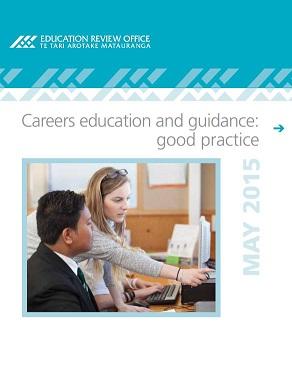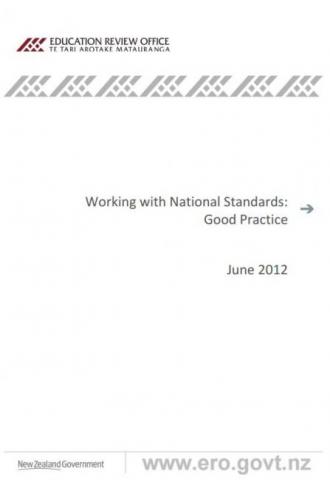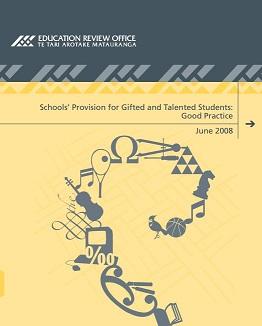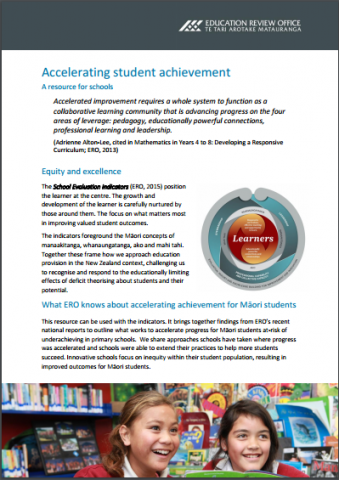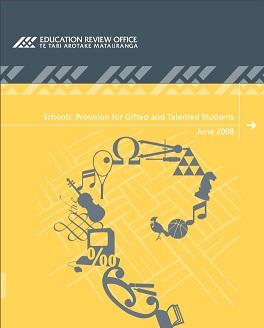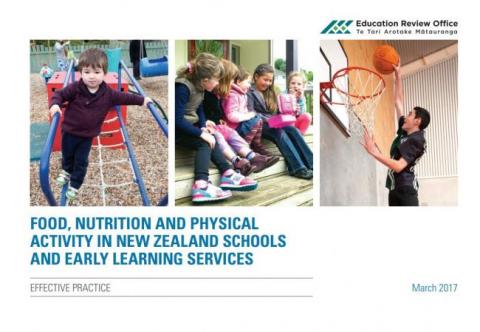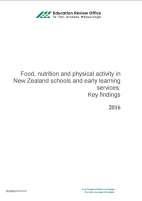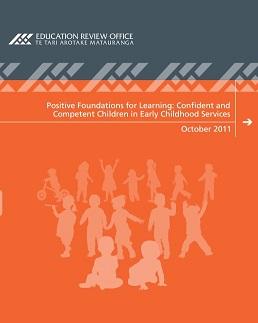Careers education and guidance: Good practice
Published: 07 May 2015
The report focuses on good practice and showcases 10 secondary schools with high quality careers education. It identifies factors that contribute to high quality careers education and guidance in New Zealand secondary schools.
- Audience:
- Parents
- Schools
- Content type:
- Research
- Topics:
- Career education
- Careers Information Advice Guidance and Education (CIAGE)
- National Administrative Guidelines (NAGs)
- Youth Guarantee Programme
- Secondary-Tertiary Programmes (Trades Academies)
- Service Academies
